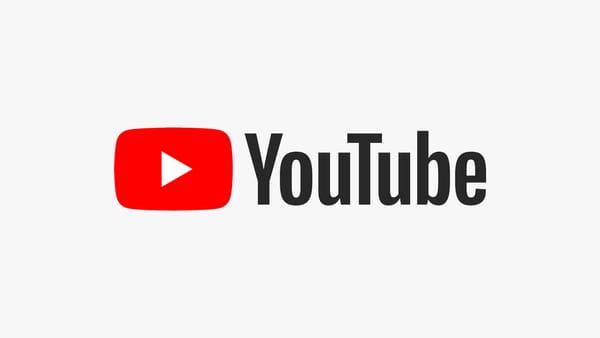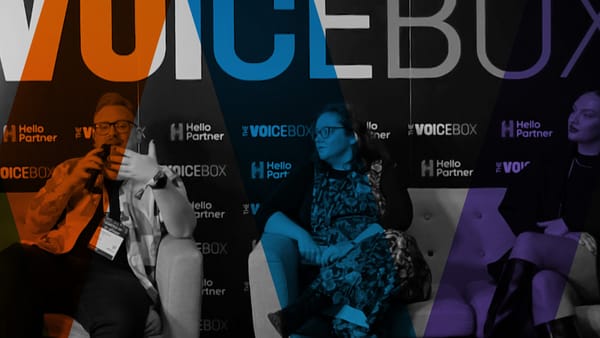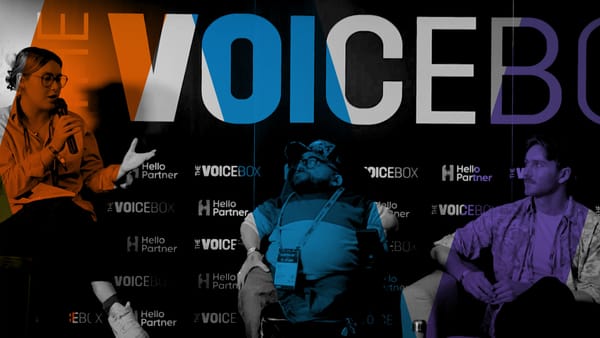With the value of the influencer marketing space now sitting at around $16 billion, it’s clear to see how much of an asset content creators can be for a brand that wants to sell a product or spread a message to a large, varied, and engaged audience.
Yet, as the saying goes, comparison is the thief of joy, and with the ‘new year new me’ ‘buy this new green juice’ ‘join this new exercise class’ messages plastered across our social media feeds, it begs the question, are content creators getting new year’s resolutions all wrong?
Times are changing
With over 10 years of global marketing experience, Ali Fazal, VP of Marketing at creator management platform GRIN, can spot an influencer marketing campaign that isn’t quite hitting the mark. He says, “While it’s understandable to want to reach a wide audience when many are making new year’s resolutions to be healthier, it’s important that wellness or fitness brands partner with creators that exemplify the healthy lifestyle they are promoting year-round - not just in January.”
As each year passes, health and fitness brands and consumers globally are moving further away from the 2000s lifestyle marketing that pushed zero-calorie shakes instead of meals, and disciplined workout videos that were nearly impossible to maintain for more than a couple of weeks. With this, influencer content that feeds into this narrative increasingly appears to be more insensitive.
“Influencers promoting weight loss or lifestyle changes in the new year can quickly become a dangerous and slippery slope,” added Ali, “It’s easy for brands and creators alike to fall into the trap of seeming tone-deaf regarding harmful diet culture or body positivity.”
In order for creators to maintain a loyal audience, and for brands to engage new consumers in their products, it’s important not to fall short when producing content that aims to encourage a healthy lifestyle.
Avoiding the damage
It’s important to remember that the influencer content we consume online is not a direct reflection of their entire lives, and as much as we hope that our favourite creators are only promoting brands that they 100% align with, there will always be occasions that despite feeling loyal to the creator, you don’t feel enthusiastic about engaging with the content.
It can seem disingenuous for a creator’s audience to see inauthentic lifestyle content appear on their social media feeds, such as a fashion influencer pushing a supplement or new workout equipment. “In fact, this will likely turn them off towards the creator and product itself and will not convert to any form of sale or meaningful engagement,” Ali adds, “Strategic partnerships that go beyond capitalising on an opportune time of year just to reach more eyeballs means protecting your brand image.”
Brands, marketers, and content creators alike, as tempting as it may be, a new year doesn’t mean that the messaging you’re sharing with your audience has to change. In order to build trust, listen to your consumer, and if it doesn’t fit your brand, don’t follow the typical new year trends. Instead, focus on promoting a consistent, trustworthy message all year round.









